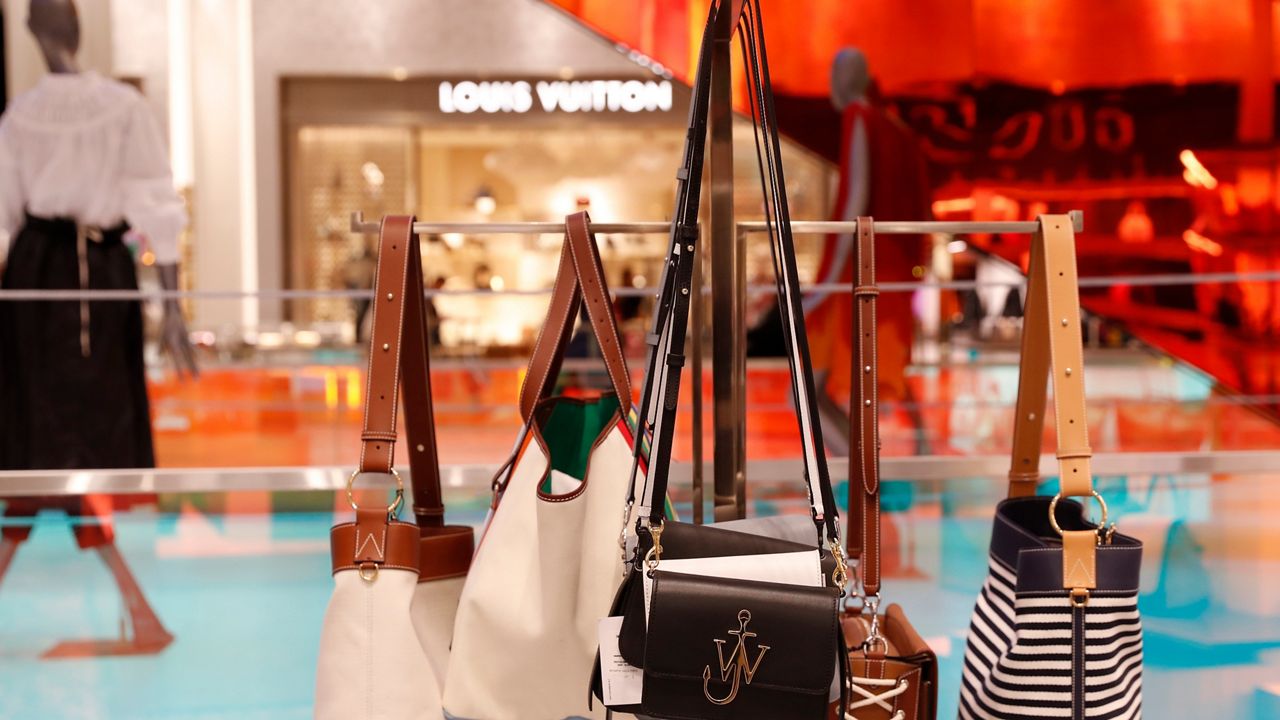The parent company of Saks Fifth Avenue has signed a deal to buy upscale rival Neiman Marcus for $2.65 billion.
The new entity would be called Saks Global, which will comprise the Saks Fifth Avenue and Saks OFF 5TH brands, Neiman Marcus and Bergdorf Goodman, as well as the real estate assets of Neiman Marcus Group and HBC, a holding company that purchased Saks in 2013.
The pact was announced Thursday after months of rumors that the department store chains had been negotiating a deal.
The Wall Street Journal first reported the impending deal Wednesday.
Both Saks and Neiman Marcus have struggled as shoppers have been pulling back on buying high-end goods and shifting their spending toward experiences, like travel and upscale restaurants. The two iconic luxury purveyors have also faced stiffer competition from luxury brands, which are increasingly opening their own stores. The deal would help reduce operating costs and create more negotiating power with vendors.
Saks Fifth Avenue currently operates 39 stores in the U.S., including its Manhattan flagship. In early 2021, Saks spun off its website into a separate company, with the hopes of expanding that business at a time when more people were shopping online.
Neiman Marcus filed for bankruptcy protection in May 2020 during the first months of the coronavirus pandemic but emerged in September of that year. Like many of its peers, the privately held department store chain was forced to temporarily close its stores for several months.
Meanwhile, other department stores are under pressure to keep increasing sales.
Storied Lord & Taylor announced in late August 2020 it was closing all its stores after filing for bankruptcy earlier that month. It's operating online. Macy’s announced in February of this year that it will close 150 unproductive namesake stores over the next three years including 50 by year-end.
Consumers have proven resilient and willing to shop even after a bout of inflation, though behaviors have shifted, with some Americans trading down to lower-priced goods.
A deal between the two luxury retailers does not resolve all the issues, especially when high-end shoppers are looking to buy luxury goods online or at luxury brands' own stores, Saunders said.
“As a larger entity, negotiating power will be a little better with the brands, but even a combined chain would not match the heft and power of the global luxury conglomerates, which would still hold most of the cards,” Saunders said. “As such, there is a risk that the deal might end up creating an even bigger headache for Saks.”



